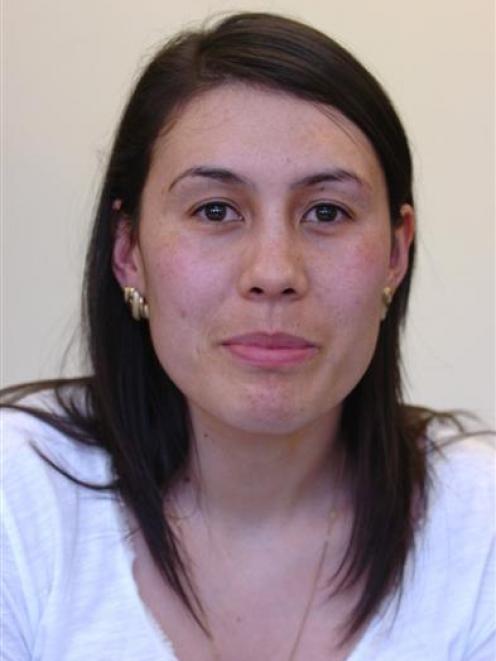
The Foundation for Research, Science and Technology announced this week that Miss Kennedy and two other Otago University students, Stephanie Rotarangi and Anne-Marie Jackson, have gained Te Tipu Putaiao Fellowships.
The fellowships support research designed to unlock the innovation potential of Maori knowledge and people for the benefit of New Zealand.
Miss Kennedy, who has an Otago BSc in biochemistry, has gained $31,800 for two years to pursue MSc studies aimed at developing and evaluating a method that compares DNA profiles of the streptococcus bacteria found on teeth and in bite marks on skin.
As part of the research, she will study the distinctive mix of bacterial strains found in the mouths of 20 Maori and non-Maori people.
Miss Kennedy, who is of Ngati Maniapoto and Ngati Maru ancestry, was "humbled" to receive the fellowship and "very excited" to be helping develop the new forensic approach.
"My work will eventually contribute to combating periodontal diseases among Maori and will also meet a national need to develop better and more objective forensic techniques to help combat family violence and abuse among Maori and Pakeha," she said.
Mrs Rotarangi, a geography PhD student, said it was "fantastic" to be awarded the fellowship, providing $107,500 to cover three years of research.
She will study the motivations that lead Maori to make decisions over forest management, and also consider the impact on national sustainability of land use and forest management policies important to Maori.
She would also seek to understand the impact on national sustainability of current forest use changes, to identify the drivers of this change and to establish the forest management scenarios most important to Maori, she said.
Miss Jackson, a PhD student who has two Otago degrees in physical education, also gained $107,500 to support her three year project.
The funding would help her undertake the research and enable her to report back her findings to the Maori communities involved, she said.
Her research aims to identify constraints and enablers for establishing taiapure.
These are coastal areas where the government acknowledges that Maori, as tangata whenua, are entitled to have rangatiratanga over their fisheries. Miss Jackson, who is of Ngapuhi and Ngati Whatua ancestry, will also seek to establish whether the taiapure process promotes Maori health and wellbeing.
